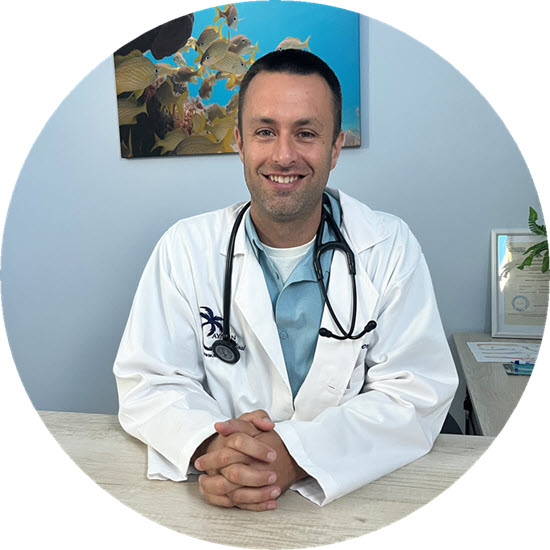Understanding Acne: A Comprehensive Guide
What is Acne?
Acne is a common skin condition that occurs when hair follicles become clogged with oil, dead skin cells, and bacteria. It primarily affects teenagers but can occur in people of all ages. Acne typically appears on the face, forehead, chest, upper back, and shoulders, areas of skin with the most oil glands.
Causes of Acne
Excess Oil Production
Excess sebum production by the sebaceous glands can clog pores, leading to acne breakouts. Hormonal fluctuations, particularly during puberty, pregnancy, or menstrual cycles, often trigger excess oil production.
Clogged Hair Follicles
When dead skin cells accumulate, they may block hair follicles, causing whiteheads or blackheads, and facilitating the growth of acne-causing bacteria.
Bacterial Infections
The bacteria Propionibacterium acnes thrives in clogged follicles, causing inflammation and resulting in acne lesions like pustules or cysts.
Hormonal Changes
Hormonal imbalances, especially increased androgens, can significantly contribute to acne by stimulating excess oil production.
Certain Medications
Medications such as corticosteroids, lithium, or androgenic steroids can trigger acne or worsen existing conditions.
Symptoms of Acne
Common Acne Symptoms
- Whiteheads (closed plugged pores)
- Blackheads (open plugged pores)
- Pimples (papules or pustules)
- Painful lumps beneath the skin (cystic lesions)
Severe Acne Symptoms
- Cysts (deep, painful, pus-filled lesions)
- Nodules (large, solid, painful lumps beneath the skin)
- Significant scarring
- Persistent redness and inflammation
Diagnosis of Acne
Diagnosis typically involves a visual examination by a dermatologist or healthcare provider, who assesses the skin's appearance and severity of lesions. A detailed medical history, including questions about hormonal changes or medication use, may also be taken to identify underlying causes.
Treatment of Acne
Topical Treatments
Over-the-counter creams containing benzoyl peroxide, salicylic acid, or retinoids can help reduce mild acne by unclogging pores and reducing bacteria.
Prescription Medications
Dermatologists may prescribe antibiotics, retinoids, hormonal treatments like oral contraceptives, or isotretinoin for severe cases.
Procedures and Therapies
Procedures like chemical peels, laser therapy, or drainage and extraction can help improve acne and reduce scars.
Prevention of Acne
Skin Care Routine
Regular cleansing, gentle exfoliation, and the use of non-comedogenic products can help prevent pore clogging and acne outbreaks.
Lifestyle and Diet
Avoiding foods with a high glycemic index, dairy products, and processed foods, along with managing stress, can significantly reduce acne flare-ups.
Avoiding Irritants
Minimizing contact with irritants such as harsh soaps, abrasive scrubs, and excessive touching or picking at the skin can also reduce the incidence of acne.
References
Family Medicine and Urgent Care
Full Scope Family Medicine with Care for All Ages in the Cayman Islands
Dr. David Kwinter, MD, CCFP(EM)
FAMILY MEDICINE AND URGENT CARE
Dr. Kwinter has extensive experience working in a rural general practice, which included his own family medicine clinic and a regional single-physician emergency department. He provides comprehensive medical care for all people, ages, and presentations.
Dr. Kwinter's services include:
Dr. Kwinter invites you to make an appointment to meet him in his clinic and to see how he can help ensure you achieve your health goals.

Clinical Chief of Primary Care and Concierge Medicine.
Call our clinic (623-1000) or Text/WhatsApp Dr. Kwinter (324-2424) or Request more info